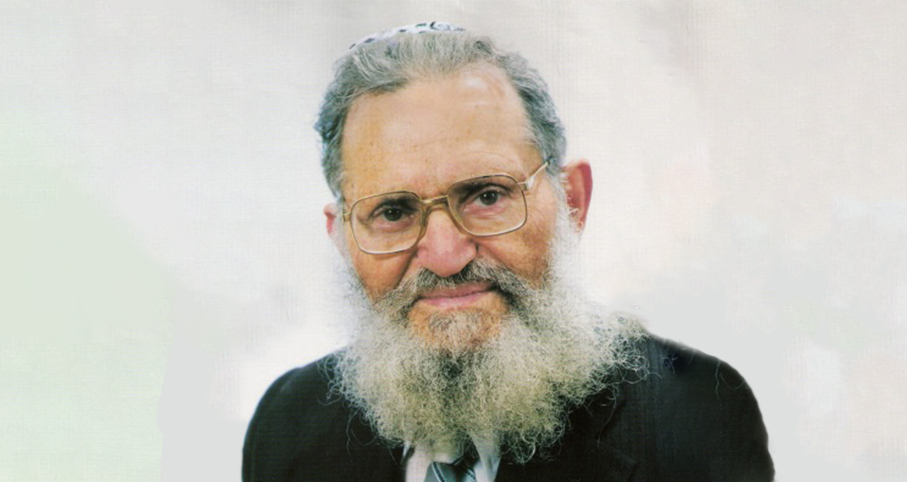3460
This duality of view regarding our national life also applies to our dealings with others on a daily basis. To try and see the good lurking within another person whenever possible - and I will admit that there are situations that make it look impossible to do so - has always been a premier Jewish trait. The rabbis in Avot taught us that every person has his moment so to speak. Seizing and exploiting that moment is the main accomplishment in life. But that requires a sense of realism. We cannot fool ourselves to think that everything is always correct and well with ourselves and our society, nor can we always be so pessimistic and down on the situation that we find ourselves in that we preclude honest attempt to improve it. The balance of hope and warning that these concluding parshiyot of Vayikra exude is an important lesson and guidepost for our daily lives. This lesson lies embedded in another teaching of the rabbis in Avot: "It is not incumbent upon you to complete the entire task at hand but then again neither are you free to discard it entirely." Reality dictates to us that we face our world and its dangers squarely and honestly. But we should not abandon hope and effort to improve our lot. We believe that positive effort and wise decisions, coupled with faith and tradition allow us to survive and prosper. Therefore at the conclusion of the public reading of these mixed messages at the end of the book of Vayikra we rise and strengthen ourselves "Chazak chazak v’nitchzeik."










